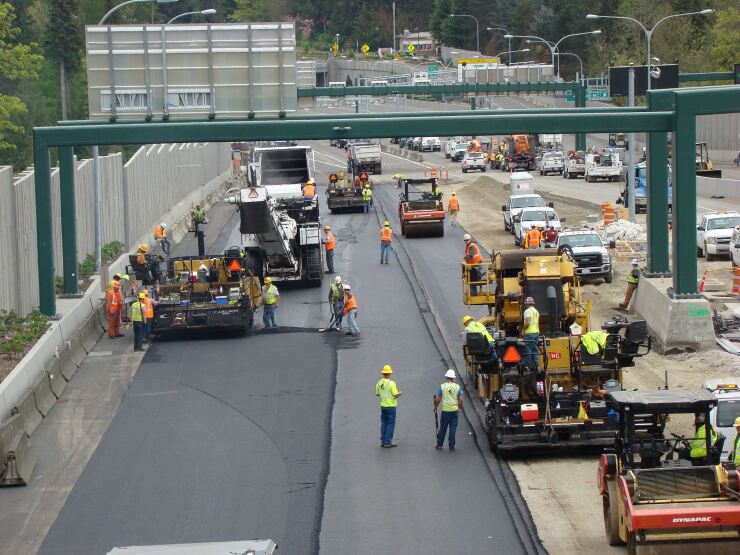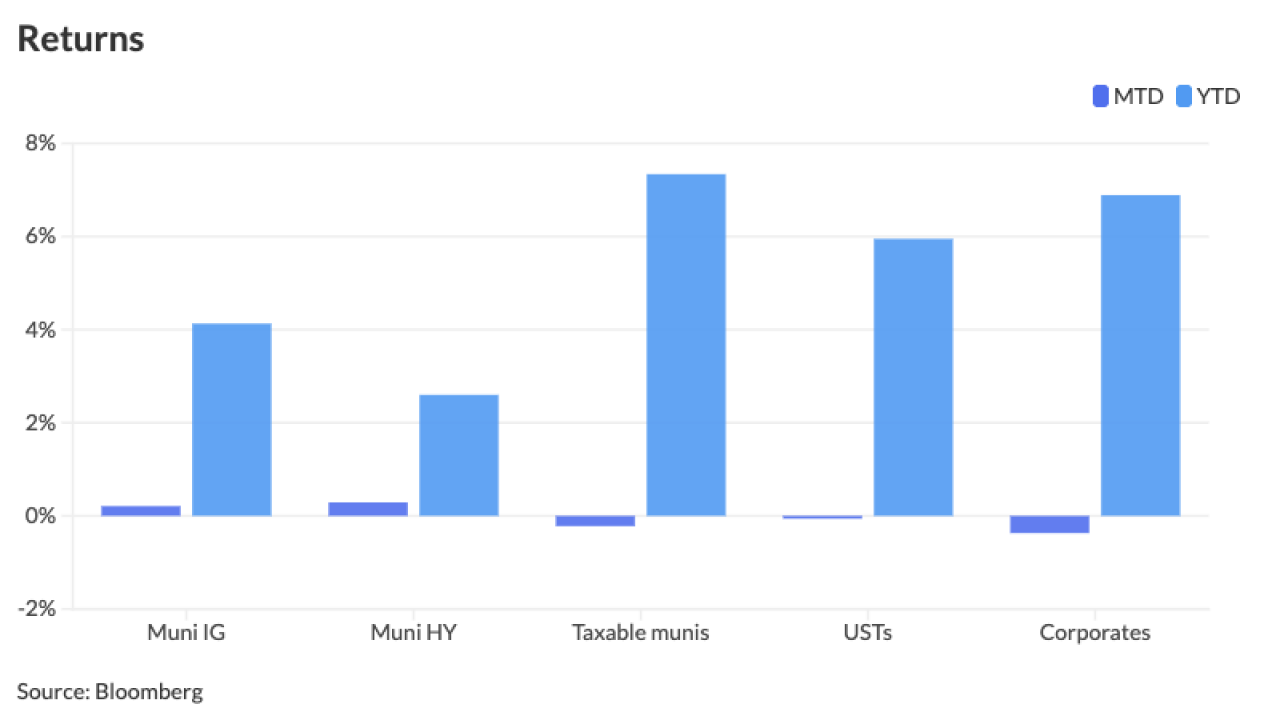States enjoy full flexibility when deciding how to spend highway infrastructure dollars, U.S. Transportation Secretary Pete Buttigieg told senators Wednesday while defending a controversial policy memo.
“I want to make clear that we recognize and value the role of the states in deciding how to prioritize the use of formula dollars,” Buttigieg said in an opening statement before a Senate Environment and Public Works Committee hearing on the implementation of the $1.1 trillion Infrastructure Investment and Jobs Act. “Different states and communities have different needs when it comes to transportation assets that have to be reconfigured and modernized, expanded and added, or retired and replaced, as appropriate.”
The comments come amid growing criticism of a
The memo, “Policy on Using Bipartisan Infrastructure Law Resources to Build a Better America,” says IIJA money "should be used to repair and maintain existing transportation infrastructure before making new investments in highway expansions for additional general-purpose capacity."
State transportation officials have challenged the guidance on the grounds that fast-growing states like Utah and Arizona need new highways. Republican governors and senators, including Senate Minority Leader Mitch McConnell and Sen. Shelley Moore Capito of West Virginia have urged states to

The memo reflects the Biden administration’s priorities, particularly with the discretionary grant programs, Buttigieg said, but the department realizes it can’t restrict how states choose to spend the formula funds.
“It certainly reflects our priorities when it comes to discretionary grants,” he said. “These are national priorities and the administration’s priorities, and will certainly guide us within the parameter of the law,” he said. “With regard to the formula [funding], ultimately the states are making the calls and we recognize and support that.”
Capito, ranking Republican on the EPW committee, called the memo “troubling” and “confusing.” She pointed out that it featured word-for-word language that was in an IIJA House draft that was negotiated out of the final bill.
“These policies were ultimately rejected and not included in the bill sent to the president’s desk,” said Capito, who presented enlarged copies of the memo on poster board next to a copy of the early House version.
“I’m really troubled that a memo coming from your department has language in it that was rejected from the House bill,” Capito said to Buttigieg. “Are you in the habit of lifting language from past bills and putting it into regulation that you put forward?”
In response, Buttigieg said the memo’s language reflected the ideas — but not the mandates — included in the House version.
“The difference to me is that mandate,” he said. “They’re good ideas, it’s just that the law doesn’t mandate them, so neither will we.”
Also during the hearing Buttigieg and several senators noted that much of the IIJA’s formula funding remains locked up until Congress passes an FY22 full-year budget appropriation.
The government is funded through a
Capito said the EPW committee is urging the Senate Appropriations Committee to pass a full budget as soon as possible.
“Hopefully next week we will have some action, either with a full-year budget or some anomalies,” she said.





